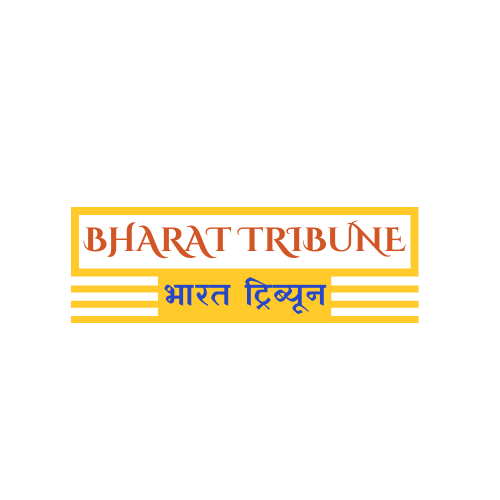Is Apple Complicit in Congolese Atrocities? Shocking New Lawsuits Reveal the Truth!
In a stunning legal development, the Democratic Republic of Congo (DRC) has launched criminal proceedings against Apple in France and Belgium. The lawsuits allege Apple's involvement in the devastating conflict mineral trade fueling violence and human rights abuses in the Congo. Prepare to be shocked as we delve into the disturbing details of this case, exploring Apple's supply chain, the accusations against the tech giant, and the potential consequences of this groundbreaking legal action. Are you ready to uncover the truth behind your favorite devices?
Apple's Congo Conflict Mineral Scandal: A Deep Dive
The Democratic Republic of Congo is a significant source of 3T minerals – tin, tantalum, and tungsten – vital components in our smartphones, laptops, and other electronics. Unfortunately, much of this mining occurs in areas ravaged by armed conflict. These brutal armed groups, responsible for heinous acts like massacres and rapes, profit immensely from the illegal trade in these minerals.
The Accusations Against Apple
The Congolese government's legal complaint accuses Apple of various offenses, including complicity in war crimes, laundering tainted minerals, and deceptive commercial practices. These accusations suggest that Apple knowingly benefits from minerals sourced from conflict zones, thereby enabling and indirectly perpetuating horrific violence and human rights abuses.
Apple's Response: An Exercise in Corporate Spin?
Apple denies the accusations, emphasizing its extensive supply chain audits and collaborations with organizations focused on ethical sourcing. The company points to its compliance filings with the US Securities and Exchange Commission, claiming no involvement with armed groups. However, this argument is met with scepticism, particularly given the complexity and opacity of global mineral supply chains. The DRC's lawsuit implies that Apple’s assurances of a conflict-free supply chain are inadequate to address the significant human cost and risks involved.
The Role of ITSCI: A Broken System?
The lawsuit spotlights the controversial role of ITSCI, a supply chain monitoring system. While intended to ensure ethically sourced minerals, the Congolese government argues that ITSCI’s certification process has been corrupted, failing to prevent conflict minerals from entering Apple's supply chain. Critics assert that ITSCI has become a tool to launder the origins of conflict minerals from warzones, masking a continuation of this gruesome trade. The accusations made against ITSCI highlight a serious gap in corporate social responsibility standards and implementation.
Global Implications and Legal Ramifications
This case is a significant turning point in the fight against conflict minerals and corporate accountability. By targeting a global tech giant in national jurisdictions, the Congo’s legal action sets a legal precedent potentially applicable against multiple organizations in their operations of global supply chains.
Corporate Social Responsibility and Supply Chains: Scrutinized
The allegations raise serious concerns about the ethical practices of major tech corporations and the role they play, even indirectly, in sustaining armed conflict. This highlights a broader issue of corporate responsibility – how companies in major supply chains manage and mitigate their potential involvement in conflicts.
France and Belgium as Chosen Battlegrounds
The lawsuits were filed in France and Belgium due to their reputed strength in corporate accountability laws and recognition of historical ties to the DRC's colonial past. Belgium's history in particular is a point of contention – the DRC's legal team argues that this history underscores a duty to hold accountable those companies benefitting from the looting of Congolese resources. This sets a path for other countries to explore this concept of moral responsibility in a global context.
Beyond Apple: Implications for the Tech Industry
The outcome of this case could dramatically influence how other tech companies operate. It may prompt a rigorous reevaluation of corporate due diligence practices and intensify scrutiny of the ethics of sourcing mineral components for electronics and the broader supply chains involved. The case underscores the importance of ethical purchasing and production decisions by major international businesses.
Take Away Points
- The Democratic Republic of Congo has filed criminal complaints against Apple in France and Belgium, alleging the tech company's complicity in the conflict mineral trade.
- The lawsuits highlight the horrific consequences of this trade, including violence, human rights abuses, and armed conflict.
- The accusations against Apple and the spotlighting of ITSCI highlight the failure of existing self-regulatory schemes to eliminate unethical sourcing and trafficking.
- The legal actions represent a critical test for corporate social responsibility and accountability within international global supply chains.
- The potential implications for the broader tech industry and similar corporations operating on a global stage are immense.




